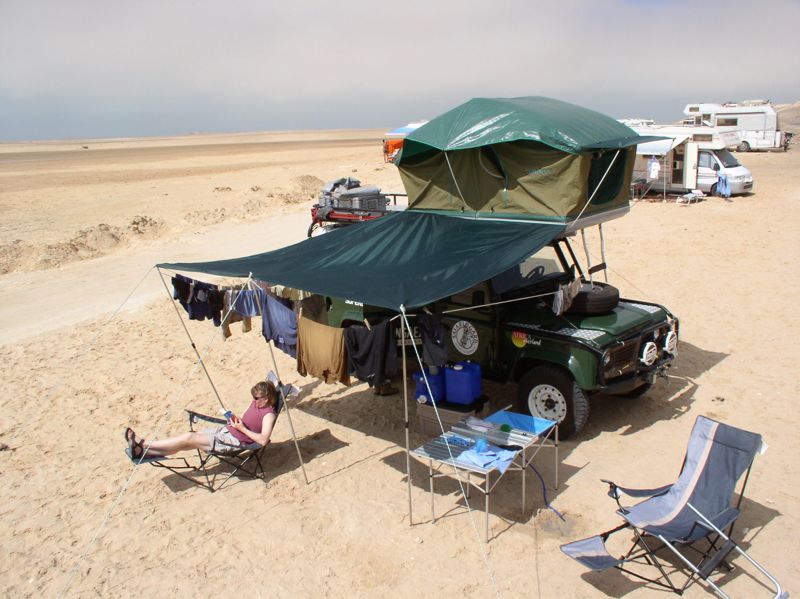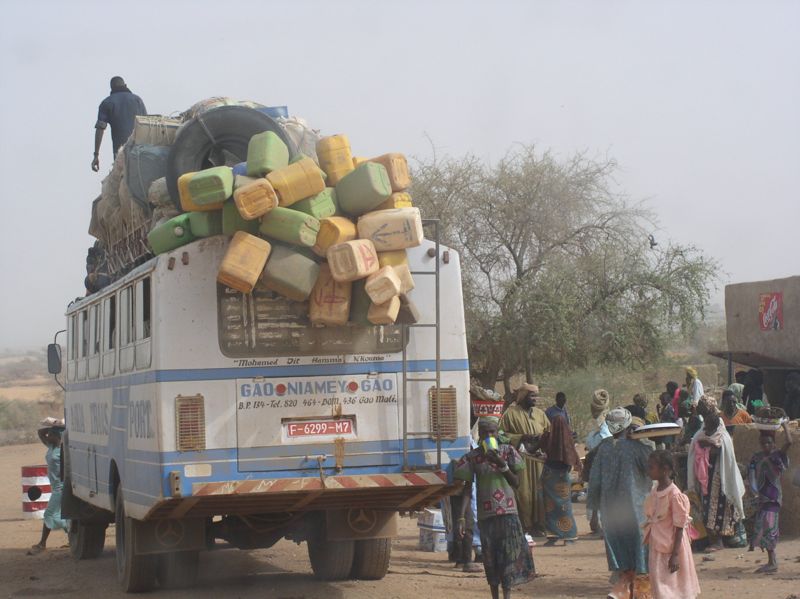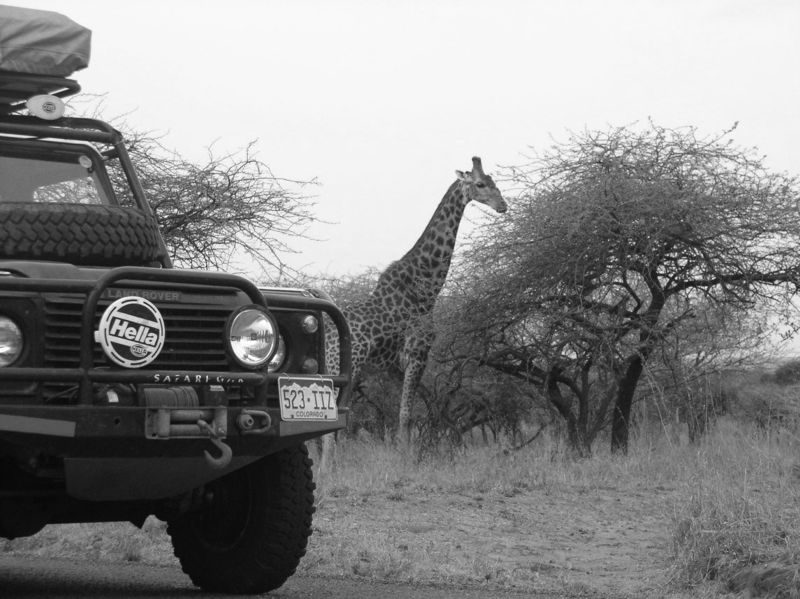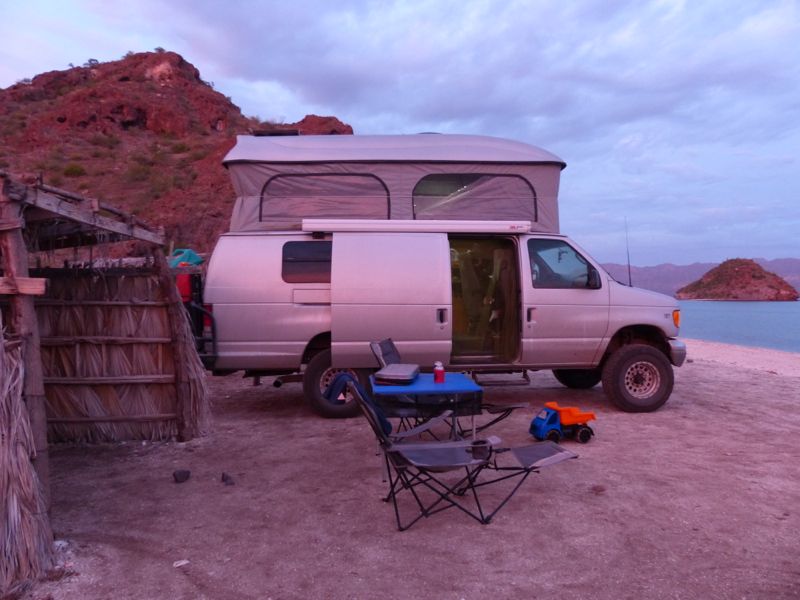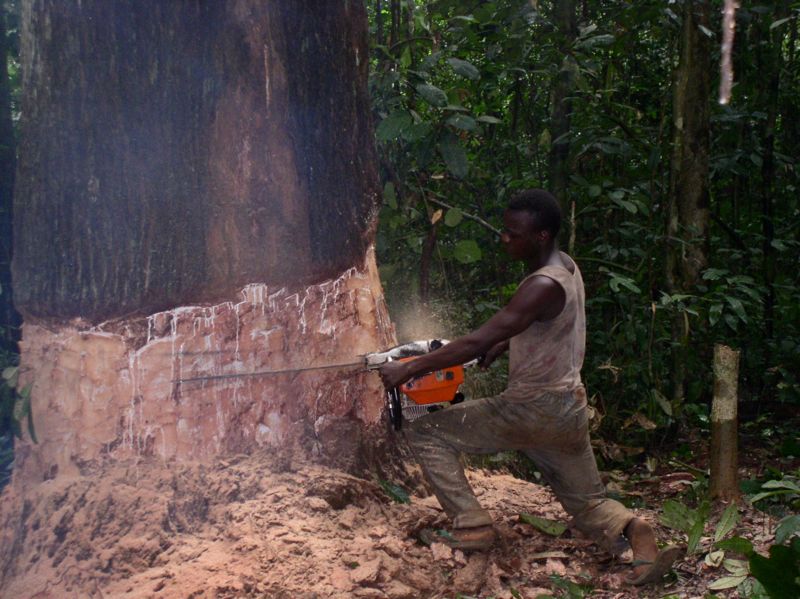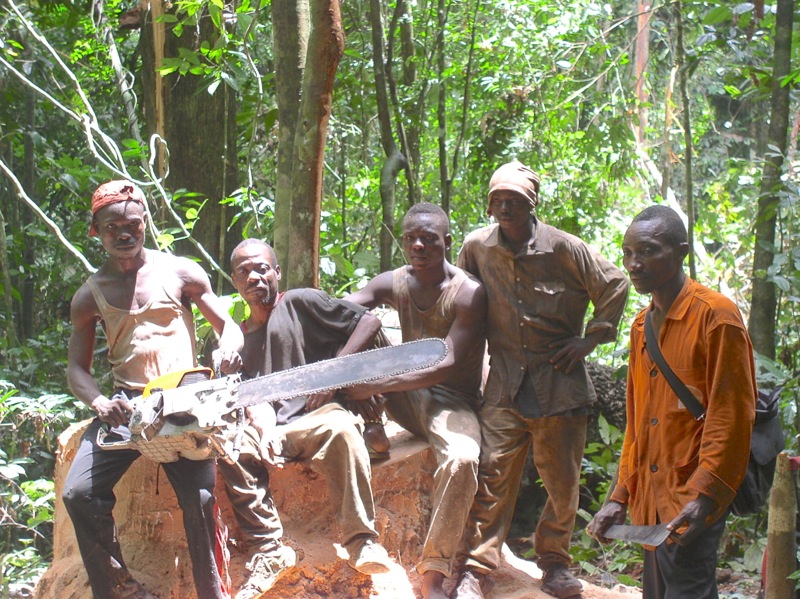Over the next month, we are participating in the Boots N All travel writing challenge. As part of this challenge we will be writing on topics suggested on the Boots N All website and posting them on our blog. Hope that you enjoy the ride!
Air travel is like traveling by subway in a city. It’s fast and convenient, but it doesn’t give a sense of the landscape. You disappear underground (or into the clouds) and pop out somewhere completely different with no idea of how you got there or what the intervening terrain is like.
In my 20s I traveled by train through parts of Europe and Southeast Asia. I had a great time staying in hostels and meeting locals and other travelers. Later I had the opportunity to travel the length of Africa with my wife in a Land Rover with a rooftop tent.
Traveling with your own vehicle is at the same time liberating and confining. You are free to go where you want when you want without being subject to the restrictions and at times discomfort of public transport.
We saw firsthand the busses in West Africa, and while I know that many travelers use them successfully, we were happy to have the comfort of our own car.
With camping equipment on board, we were able to more easily visit out of the way places. We could bed down pretty much anywhere we found a suitable place to camp. We weren’t stuck on the bus until it arrived at its destination at 1 am.
Of course, everything comes with a downside, and the two main problems with traveling in your own vehicle are the expense, both of buying and operating it, and the stress that comes with knowing that if it breaks down, you might be stuck in that fantastic spot way off the beaten track trying to arrange a tow or repair in a foreign language.
If you’re camping, some of the expense is offset by not paying for hotels and by cooking your own meals. I love sleeping in my own bed every night, and I know from experience that eating at restaurants gets old after awhile.
In late June of 2013 my family and I embarked on another long-term trip. Unlike any other trip I’ve taken outside the USA, this one didn’t start by heading to the airport. We just got in our campervan and started driving. First we drove north through Canada and Alaska, then as the weather turned cold we set our sights on Mexico and points south.
Without our camper we would have missed some of the best experiences of our trip. One day a local mechanic came with me on a 250-mile tour of Sonora, Mexico, while trying to diagnose an intermittent problem. He loves car racing and shares his passion with his two sons. He told me about how his younger son had thrown a hammer through the family’s flat panel tv. With a 5 year old of my own I could sympathize and we shared stories of raising our boys.
Often when we stop in at a roadside restaurant for lunch while driving somewhere we are the only non-Mexicans there. Having our son along in these situations has helped to break the ice and has led to some fun experiences.
After 9 months on the road we are still heading south and we should enter Guatemala in a few weeks. We’ve seen the desert coastlines of Baja and Northern Mexico give way to the jungles of the tropics and then to the arid highlands of central Mexico. We travel more slowly, but for us overlanding offers comfort and convenience and at the same time exposes us to more local culture and places outside of tourist destinations.

